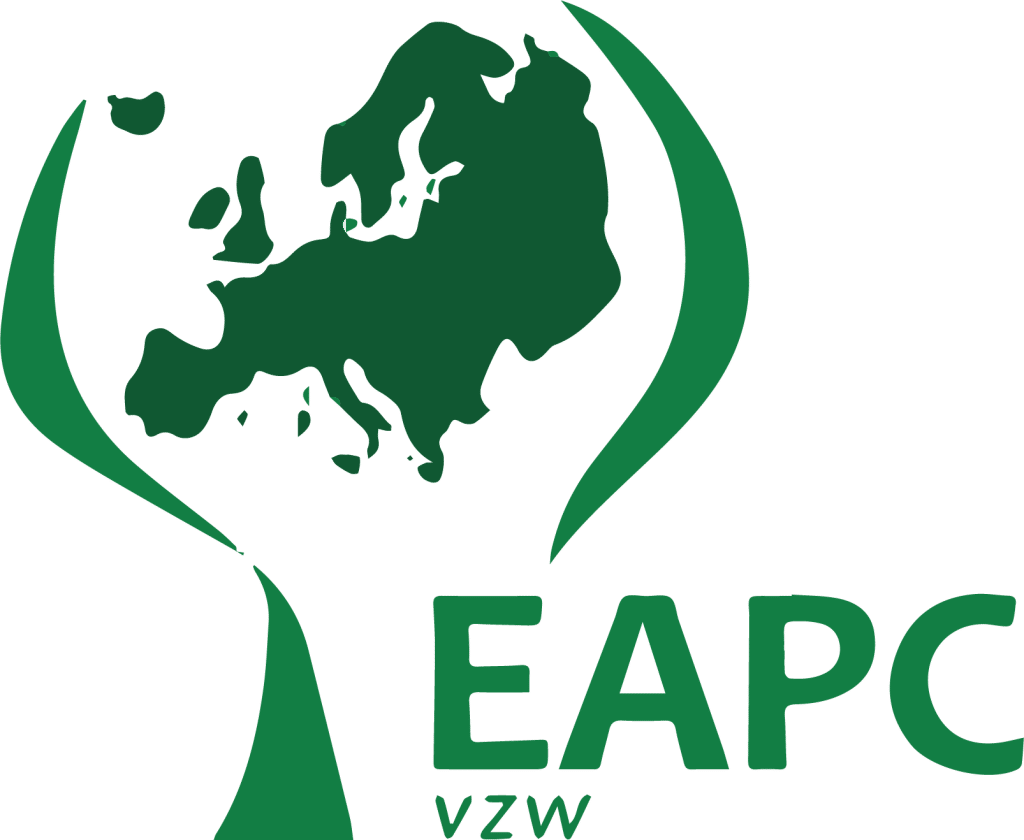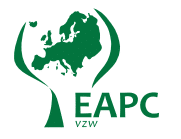INTERNATIONAL MEDICAL EDUCATION IN PALLIATIVE CARE – RESEARCH ON UNDERGRADUATES (PILOT) IMEP-RU (2013)
THIS TASK FORCE WAS CREATED IN OCTOBER 2011
Across Europe, the provision of education and training in palliative medicine for medical undergraduates is variable. Accordingly, newly qualified physicians are entering practice with variable skill sets and may be unprepared to meet the needs of palliative care patients and their families. The aim of this pilot project is evaluate how prepared newly qualified ( < 1 year ) physicians are to practice palliative medicine. For the purposes of the pilot, the study will be conducted across a convenience sample of physicians that have graduated from selected training institutions across seven Europe countries. A robustly validated theoretically supported assessment tool will be used in the study to assessed preparedness. The scales will be translated into host languages using EORTC criteria. It is expected that the results from this pilot will inform the development of larger national and international studies to evaluate the preparedness of newly qualified physicians to meet the needs of palliative care patients and their families across Europe.
Background
Palliative Medicine is a rapidly evolving speciality that often challenges both practitioners’ clinical expertise and professional development; the practical, emotional and interpersonal difficulties encountered in caring for dying patients have been extensively reported upon. Accordingly, the aim of palliative care education is to provide appropriate knowledge, skills and attitudinal development, facilitating learning that results in able and confident health care professionals who will deliver optimal care for the patient and family. However, ‘care of the dying’ is an area that has traditionally received little or no attention within existing curricula for medical training.
Assessing the preparedness of newly qualified doctors to meet the challenges of practising palliative care is crucial as all doctors are likely to have increased contact with palliative care patients. The number of patients with palliative care needs will increase year on year due to changes in health and demographic variables; for example, the WHO project that by the year 2050 the proportion of the European population over the age of 65 will rise from a current 16.3% to 27.8%. Cancer, the condition most associated with palliative care, is particularly associated with the elderly, with 70% of new diagnoses occurring in those over the age of 65. Accordingly, an ageing population is likely to lead to an increase in the number of patients with cancer (and other chronic incurable diseases) requiring palliative care. Equally, as patients are living longer with cancer (and other chronic conditions) greater contact with health care professionals to manage symptomatic difficulties and provide psychosocial support, in increasingly likely.
In 2007, the EAPC Task Force on Medical Education published recommendations on a curriculum for undergraduate medical education in palliative care. The recommendations highlighted specific educational components, objectives and strategies in an attempt to assist curriculum planners in integrating sufficient core content (within undergraduate medical training) to provide graduating doctors with the skill set required to meet the needs of palliative care patients. To date, a pan European strategic evaluation of both the training in palliative care for undergraduate medical graduates, and their preparedness once qualified, has yet to be undertaken.
The proposed study will utilise existing validated measures (SEPC & TS) to assess the preparedness of newly qualified medical graduates to engage in core tasks of palliative medicine. The SEPC is a 3 themed, 23 item questionnaire that assesses respondents perceived efficacy in practicing palliative care. Developed and validated within an undergraduate medical setting in the United Kingdom, the questionnaire is theoretically underpinned by Self-Efficacy theory, which links efficacy perceptions with behaviour. The Thanatophobia Scale, developed within the acute care setting in the United States, is a validated measure which assesses respondents attitudes (expressed for the theoretical model as perceived outcomes) towards caring for dying patients. Together, these measures provide a theoretically robust measure of the preparedness of physicians to practice.
This pilot study will field data on preparedness, and is likely to highlight variables (for further detailed examination) pertinent in the preparation of physicians (such as the number of dedicated hours for education and training, timing of education and training, conceptual content of training). It is expected that the pilot will establish the foundations for larger intra and international comparative studies to assess of the effect of undergraduate education and training in palliative medicine.
Objective
The aim of this pilot project is evaluate how prepared newly qualified physicians are to practice palliative medicine.
Key Objectives are to conduct a pilot project that will
- develop translated versions (French, German, Italian & Spanish) of validated assessment scales: The Self-Efficacy in Palliative Care Scale (SEPC) and the Thanatophobia Scale (TS)
- assess newly qualified doctors’ perceived efficacy in practising palliative medicine
- assess newly qualified doctors’ perceived attitudes towards caring for palliative care patients and their families
- document the training (core and optional) present in the undergraduate medical curricula of those assessed and explore evident variables upon the dimensions of preparedness
- prepare the groundwork for both national and international assessment of the preparedness of newly qualified physicians to meet the needs of palliative care patients and their families
Method
The IMEP study group will complete backward and forward translations of the SEPC and Thanatophobia Scale using EORTC criteria. Using convenience sampling, pilot data from each country (sample size n = 40) will be collected from newly qualified physicians to test the applicability of the translated instruments and provide illustrative data for nominal national comparison. Assessments will be collected from physicians that have graduated from selected undergraduate education and training programmes from:
Germany: Aachen University
Ireland: University of Cork
France: University of Lyon
Italy: University of Verona & University of Bologna
Spain: University of Pamplona and University of Barcelona
United Kingdom: University of Liverpool & University of Cambridge
Outcomes
The study was completed in 2013, and posters presented at the EAPC Congress in Prague in 2013 (to see click here) and an Oral presentation the EAPC Congress in Lleida in 2014. Work continues on securing publication of a final study paper in a peer reviewed publication.
A follow up taskforce has been approved by the EAPC board, and will be engaged in 2016. The objectives are to conduct project that will:
- Pilot an electronic assessment tool (Self-Efficacy in Palliative Care Scale; Thanatophobia Scale);
- Using EORTC structured translations established in the IMEP study, develop French, German, Italian & Spanish electronic versions of the assessment tool;
- Engage with Local and National networks to facilitate the distribution and collection of data on newly qualified doctors’ preparedness to practice palliative care;
- Develop, as required, local, regional, national and international benchmarks on the preparedness of newly qualified doctors to practice palliative care.
Team
PROJECT LEAD
Stephen Mason
University of Liverpool
UK
to contact by email please click here
CHAIR
John Ellershaw
Marie Curie Palliative Care Institute
University of Liverpool, UK
to contact by email please click here
STEERING GROUP
Carlos Centeno – Spain
Gian-Luigi Cetto – Italy
Frank Elsner – Germany
Steffen Eychmuller – Switzerland
Marilène Filbet – France
Phil Larkin – Ireland

